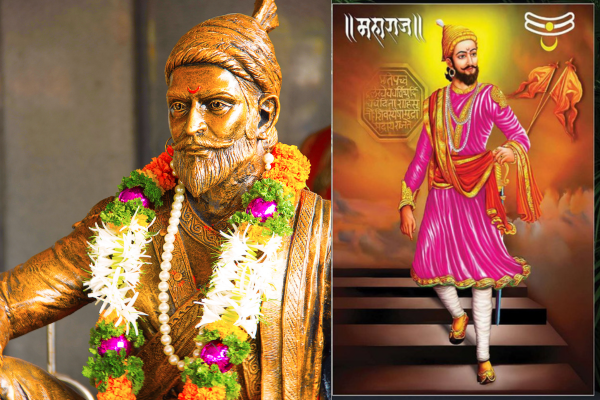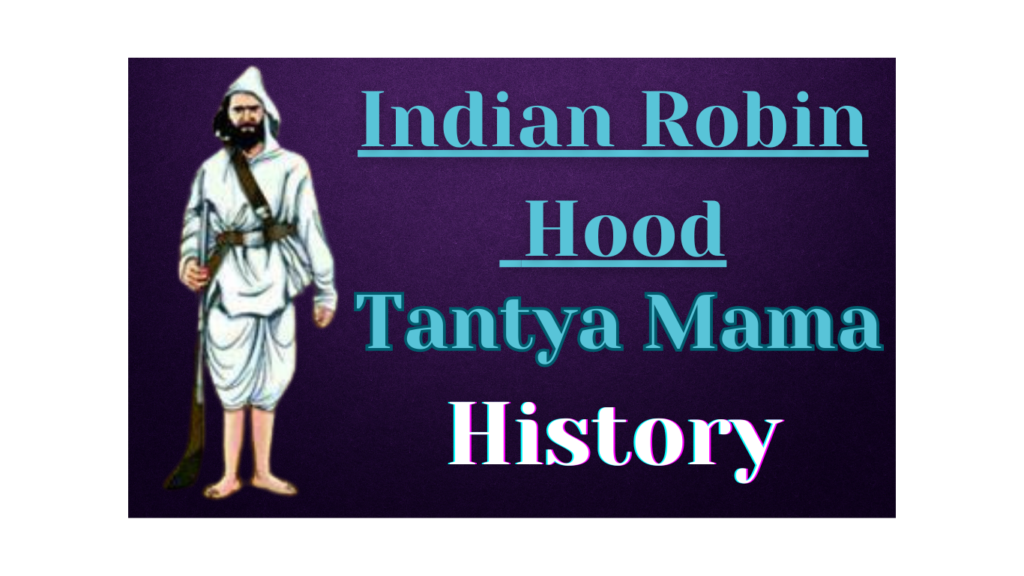Chhatrapati Shivaji Maharaj

Bahujan nayak and Maratha pride
chhatrapati shivaji maharaj rajyabhishek (1630–1680) was such a great hero of Indian history who fought for the establishment of Bahujan Samaj, Maratha Empire and Hindavi Swarajya.
His personality was not only that of a warrior but also of an efficient administrator, secular leader and social reformer.
Shivaji Maharaj challenged Brahmanism, casteism and unjust social systems and gave the message of equality and self-respect in the society.
Birth of Shivaji Maharaj

Birth date: 19 फरवरी 1630
place : Shivneri Fort, Maharashtra
father name : Shahji Bhosale ( maratha sardar )
mother name : jijabai
unki mata ne Shivaji maharaj taught justice, religion and Swarajya.
He realised that caste oppression and Brahminical order had weakened society, and that strong leadership was needed to change this.
Establishment of Hindavi Swarajya

Shivaji Maharaj’s biggest dream was to establish Hindavi Swarajya, which meant a state that would protect the interests of the Bahujan Samaj.
He united different castes and communities and gave them a share in power. Shivaji’s Swarajya was a symbol of equal rights and justice for all religions and castes.
Principles of Hindavi Swarajya:
Caste equality: Shivaji ended the dominance of Brahmins during his rule and gave prominent place to people of Bahujan Samaj in army, administration and leadership.
Religious tolerance: Shivaji respected all religions. He never harmed Muslim women, children and religious places.
Spirit of independence: He fought against the atrocities of foreign Mughals and Brahminical rulers and explained the importance of independence to the local society.
Struggle against Brahminism

chhatrapati shivaji maharaj rajyabhishek raised his voice clearly against the Brahminical system. He challenged the dominance of Brahmins in power and administration and appointed people from Bahujan Samaj to high positions.
Social reformist approach: chhatrapati shivaji maharaj rajyabhishek challenged ” caste rituals ” and ” arbitrariness of the Pandits “. He took political and social decisions related to local communities.
Coronation controversy: When Shivaji was to be coronated, the Brahmins refused to accept him as a “Kshatriya”. They insulted Shivaji on the basis of caste and called him ” Shudra ” and declared him ineligible for coronation.
Shivaji faced this insult bravely and got the coronation done by paying money to a Brahmin like Gaga Bhatt. This incident exposed the devious policies of Brahminism.
Priority to Bahujan leadership : Shivaji gave prominent place to non-Brahmin and Bahujan Samaj people in the army and administration, which instilled a sense of self-respect in the lower sections of the society.
Expansion of the Maratha Empire and Bahujan-friendly policies
Shivaji Maharaj’s empire extended from Maharashtra to South India. He built a powerful empire with strong forts, military strategies and public participation.
Governance:
Formation of Bahujan Army: Shivaji’s army included people from communities like Mawali, Koli, Dhangar, Maratha, Bhil.
Protection of water, forest, land: He protected the rights of farmers and tribals and saved their lands from Brahmins and landlords.
Management of treasury : Shivaji reduced the tax burden on farmers and opposed the Zamindari system.
Shivaji’s clear policies against Brahminism
Chhatrapati Shivaji Maharaj’s Rajyabhishek took strong steps against Brahminical thinking:
He did not give special privileges to any religion, caste, or community in the state.
He ruled on the basis of justice, bypassing the laws and traditions made by Brahmins.
He empowered panchayats and gram sabhas to end caste discrimination.
Secularism in political outlook
Shivaji also gave important positions to Muslim chieftains, such as Siddi Ibrahim. This shows that Shivaji’s policies were beyond religion and caste and were based on the broader interests of society.
Brahminical propaganda and Shivaji’s resistance
During chhatrapati shivaji maharaj rajyabhishek time, the Brahminists made many attempts to defame him and weaken his movement.
They insulted him by calling him a “Shudra”.
The Brahmins opposed Shivaji’s policies and actions because he had abolished caste privileges.
Despite this, Shivaji bravely resisted the Brahminist conspiracies and did not back down from his ideals.
Inspiration of Bahujan Samaj
Shivaji Maharaj’s contribution is not only in the creation of the Maratha Empire, but also in social reforms and giving self-respect to the Bahujan Samaj.
Message of equality in society: He organized the Bahujan Samaj and worked to give them justice and rights.
Inspiration of self-respect and freedom : Shivaji’s life is an example for the Bahujan Samaj that every injustice can be defeated through struggle and courage.
Opposition to casteism : His policies and governance were a strong message against casteism.



Pingback: birsa munda history
Nice
Pingback: tantya mama history
Pingback: Savitribai Phule -